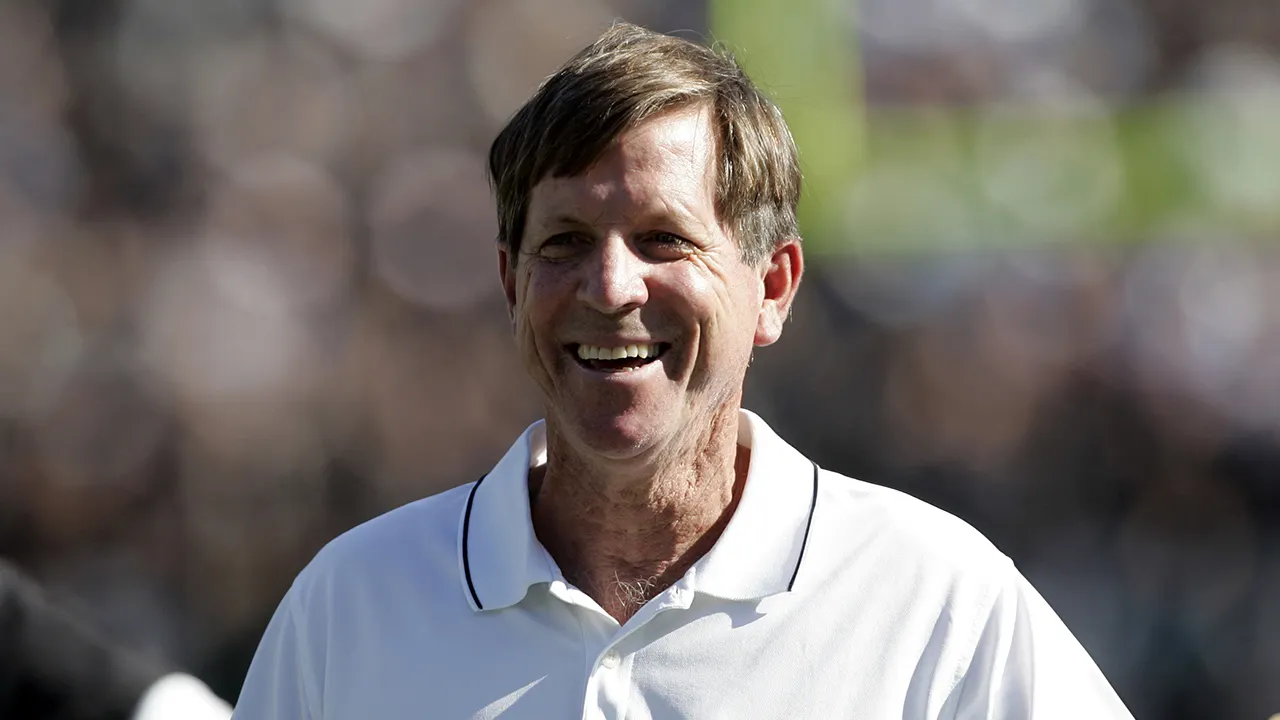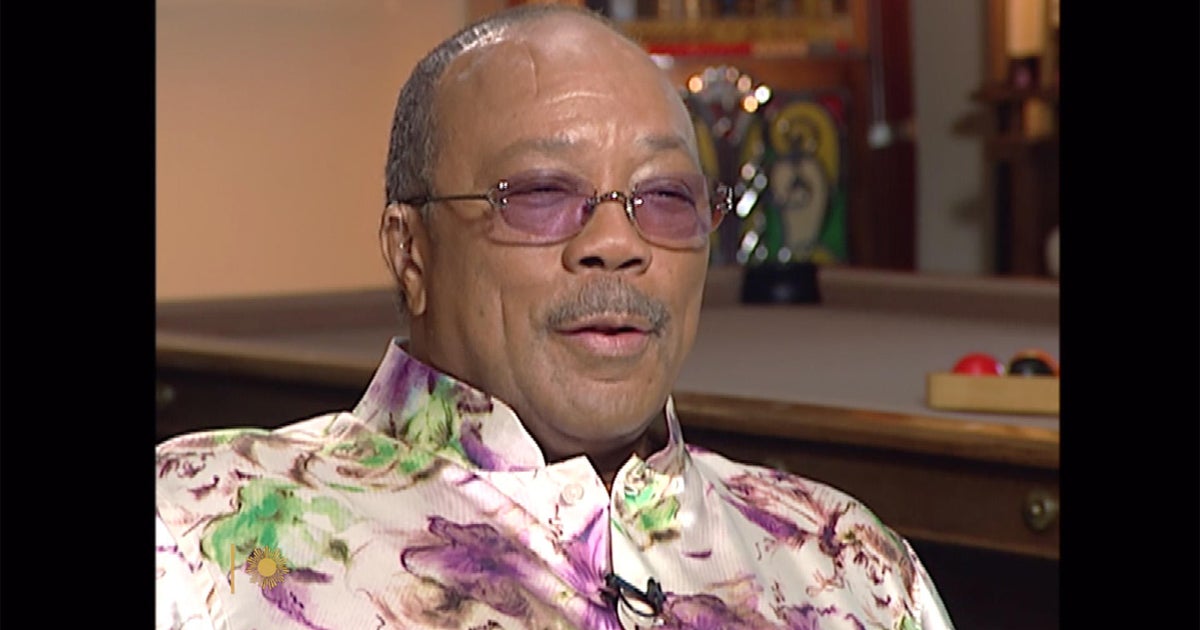A few years later he played my father in a film of “Hamlet.” In rehearsal he spoke commandingly about Shakespeare’s percussive qualities — then lost his temper, ripping into a camera assistant who had botched the focus on his best take. Moments later he called the company together to publicly apologize to the man, blaming his outburst on his own mediocrity as an actor.
I once came across him stretched out on the floor of a bookstore in Portland, Ore., with a Spanish dictionary in one hand and the complete works of Federico García Lorca in the other. I saw him hammered, embarrassing himself. I saw him spellbind a room reciting Sophocles.
Performing in the New York premiere of Shepard’s “The Late Henry Moss,” I was directed by one of his closest, lifelong friends, Joe Chaikin. Sam never showed for a rehearsal or performance despite promises to do so. At Chaikin’s memorial, I watched Sam speak, absolutely shattered with grief and love.
Directing a revival of “A Lie of the Mind” was one of the most glorious experiences of my life. Sam hated everything about my work on it, exiting tech rehearsal in a flurry of curses. Shortly after it opened, he called to suggest we work together on another project.
I lead with all this to state the obvious: Sam Shepard was a complicated man. Capturing his persona and making a clear narrative out of his mercurial life are not easy tasks. Shepard’s writing is intimate and passionate and feels full of secrets — truths whispered to like-minded souls. Those of us who have read most of his work, much of it seeming like thinly fictionalized memoir, feel like we know his inner story: his sense of alienation, his search for an authentic definition of masculinity and his drive for balance in the masculine/feminine dynamic. In his plays, Shepard’s song of the self is clearly scored.
What Robert Greenfield’s new biography, “True West,” achieves in its finest pages is placing the artist in his time. Greenfield recounts the ebb and flow of Shepard’s growth as a playwright, and chronicles how the fame and adulation from his life as a movie actor both propelled and thwarted his gifts as a writer.
The book is especially successful at bringing the reader into the world that Shepard inhabited as he developed into one of the greatest American dramatists of the late 20th century. Reading it, I was filled with excitement, envy and reverence for the New York City that embraced the young Shepard in the 1960s and early ’70s. The jazz world, the punk scene, the off-Broadway venues where careers could be built on a counterculture ethos that has largely vanished from American theater. Greenfield thrills when evoking the days when Patti Smith and Shepard were madly in love writing “Cowboy Mouth” together — and then performing it on a bill with another play that starred Sam’s then-wife, O-Lan Jones.
The biography dives deepest into this time period, and I hope it will inspire others (as it inspired me) to reread his early plays. They are magnificent in their originality, playfulness and sheer rock-and-roll sensibility. Shepard himself described that era, in the introduction to a collection of his plays in 1986:
Anybody could get his or her piece performed, almost any time. If there wasn’t a slot open at one of the café theaters or in the churches, you could at least pool together some actors and have a reading. You could go into full-scale rehearsals with nothing more than an idea or half a page of written text. It was a playwright’s heaven. Experimentation was the lifeblood not only of the playwright but also of actors, directors, and even of producers and critics. The concept of “audience” was diametrically opposed to the commercial marketplace. The only impulse was to make living, vital theater which spoke to the moment. And the moment, back then in the mid-sixties, was seething with a radical shift of the American psyche.
Greenfield is also extremely effective when he offers wildly different accounts of the same events, illuminating the legend-building that was almost always happening around Shepard. His first wedding, for example, is cited by several witnesses — some paint a portrait of domestic bliss; another claims everyone there was on acid.
The biography breezes through Shepard’s most creatively fertile period, the era that produced his most substantial and enduring works: “Curse of the Starving Class,” “Fool for Love,” “Buried Child,” “A Lie of the Mind” and, of course, “True West.” Instead, Greenfield dwells more on the less central, sometimes wilder cul-de-sacs of Shepard’s eccentric life — touring with Bob Dylan, hanging with the Rolling Stones, screenwriting for Michelangelo Antonioni and Wim Wenders, acting for Terrence Malick and Volker Schlöndorff, all while carrying on tempestuous love affairs with brilliant women. Common to all of these detours was Shepard’s fraught relationship with alcohol, which haunted his entire adult life.
I am most grateful for Greenfield’s persuasive assertions that Shepard is an American poet of the first order. This fact is often overlooked by the kingly shadow that his celebrity seemed to cast over the depth of his finest work. In his long life there is much to gossip about, and the biography avoids most of the sordid details that might have preoccupied a less serious biographer. Thankfully, Greenfield focuses on the life of Shepard the artist.
It’s a curious experience to read a biography of someone you knew written by someone who did not know them. I opened this book eager to find out how a more objective observer would view and summarize such an elusive man’s life. I recognized the figure presented in the pages of “True West” and learned a great deal about what happened in his life before and after I met him. But the man remains essentially inscrutable, as if we are cross-examining him from the distance of a drone — we learn where and when he went, but we have no idea why. And that is probably the way Sam Shepard would have liked it.
Ethan Hawke is an actor, director, screenwriter and author.
Sam Shepard’s Life, Work, and Times
A note to our readers
We are a participant in the Amazon Services LLC Associates Program,
an affiliate advertising program designed to provide a means for us to earn fees by linking
to Amazon.com and affiliated sites.















































